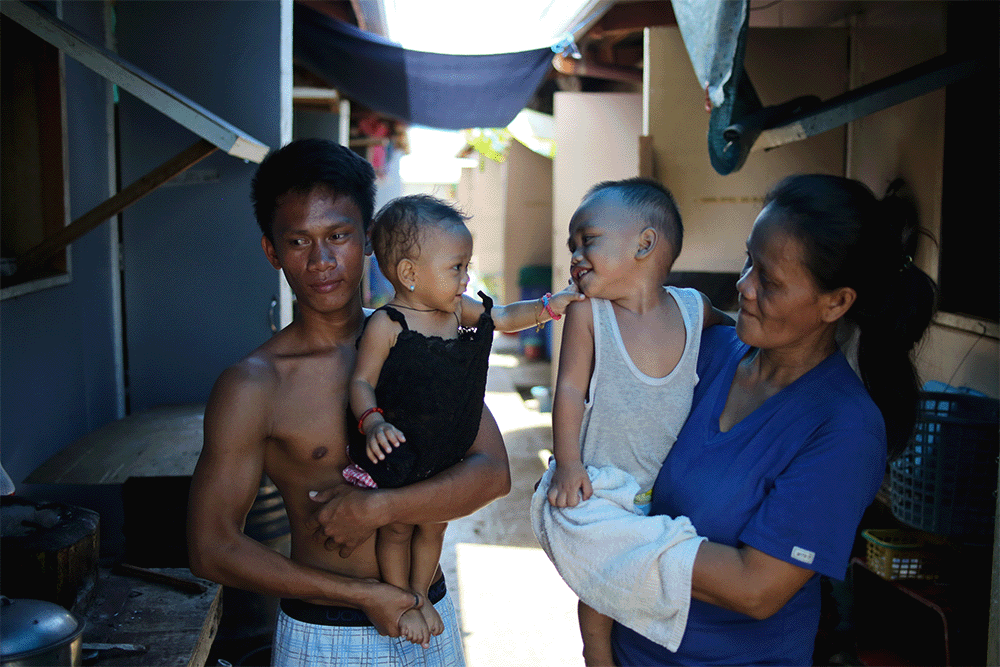Ensuring Continuity of Essential FP/RH Services During Emergencies
Insights from the 2021 Learning Circles Asia Cohort
Published on March 15, 2022

In November and December 2021, family planning and reproductive health (FP/RH) workforce members based in Asia convened virtually for the third Knowledge SUCCESS Learning Circles cohort. The cohort focused on the topic of ensuring continuity of essential FP/RH services during emergencies.
Goals of Learning Circles
- Network with colleagues in the same region who are facing similar programmatic challenges.
- Share in-depth, practical solutions to priority challenges that peers can immediately adapt and implement to improve their own family planning programs.
- Learn new and creative ways for exchanging knowledge and gaining the skills needed to replicate those techniques.
Through weekly Zoom sessions and WhatsApp chats, 28 participants from eight countries across Asia (Bangladesh, Cambodia, India, Indonesia, Myanmar, Nepal, Pakistan, and the Philippines) shared personal experiences around what is and isn’t working when it comes to providing essential FP/RH services during emergencies.
Key Takeaways
- Countries in Asia shared similar issues, such as challenges prioritizing other health issues alongside COVID-19 and recognizing the benefits of using digital technology during emergencies.
- The local is the solution (e.g., strengthening local capacity and ensuring local coordination). Focusing on the local can help quickly solve problems during an emergency.
- The concept of self-care (e.g., for injectables) becomes even more important during emergencies.
- Using human-centered design, including audience participation and grounding solutions in client needs, are effective ways to develop new strategies.
- There is still a need to use low-technology communication methods to reach people who have limited or no internet connection.
- Critical adaptations to ensure service continuity during COVID-19 included engaging community volunteers within the health system, providing them with needed support (e.g., skills, tools, and techniques), and recognizing their contributions to instill a sense of pride for being part of this cohesive group of health care workers.





